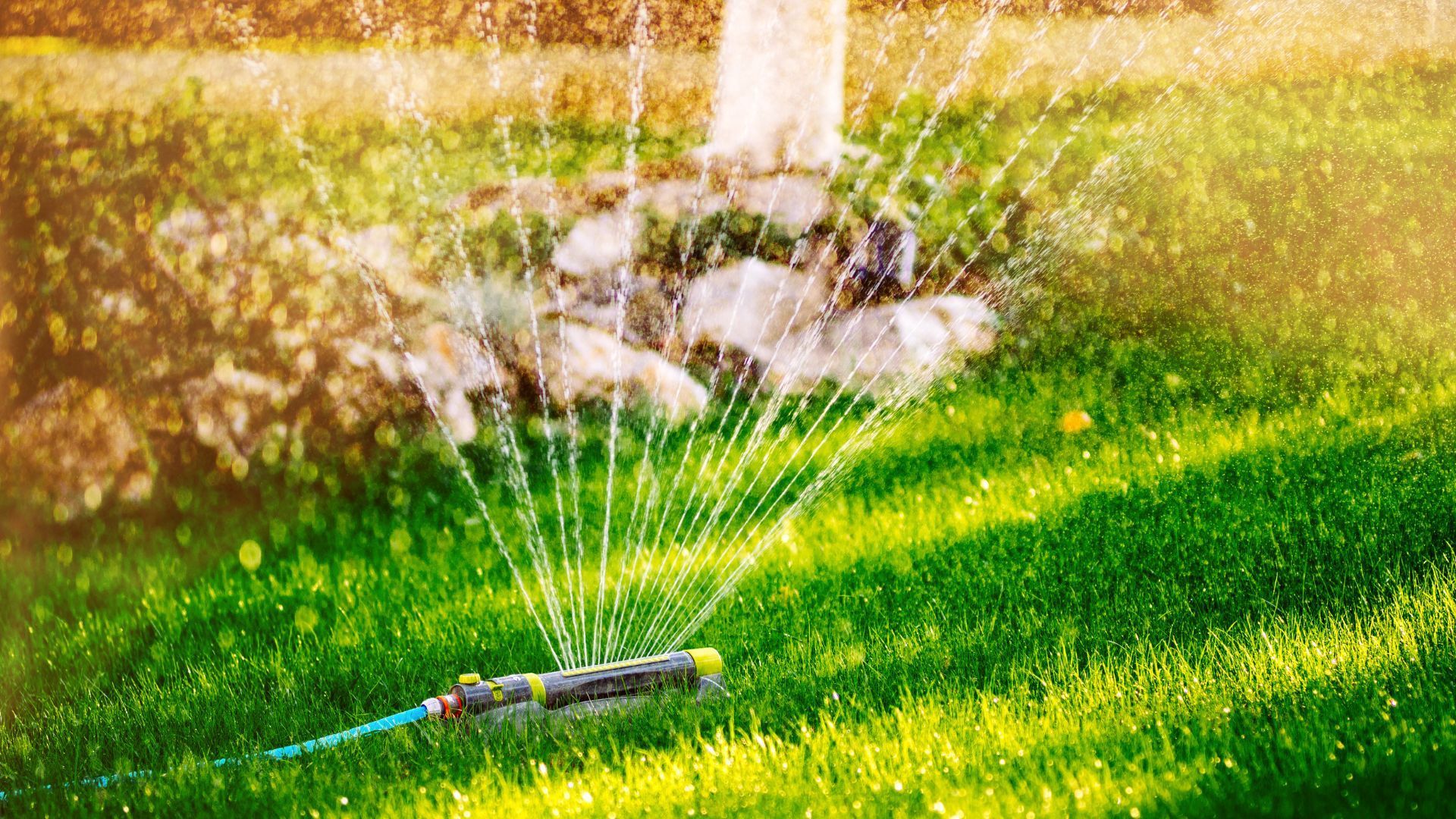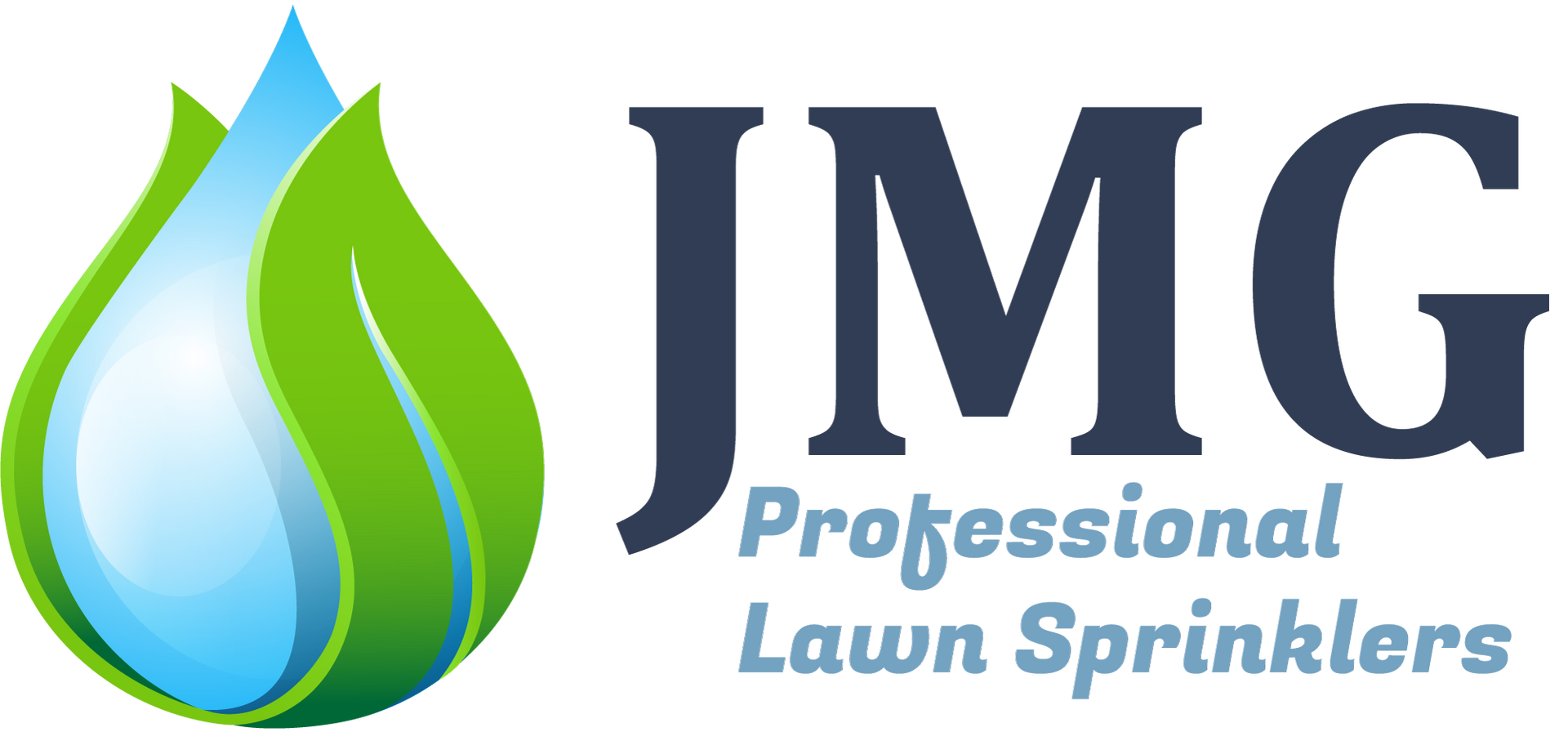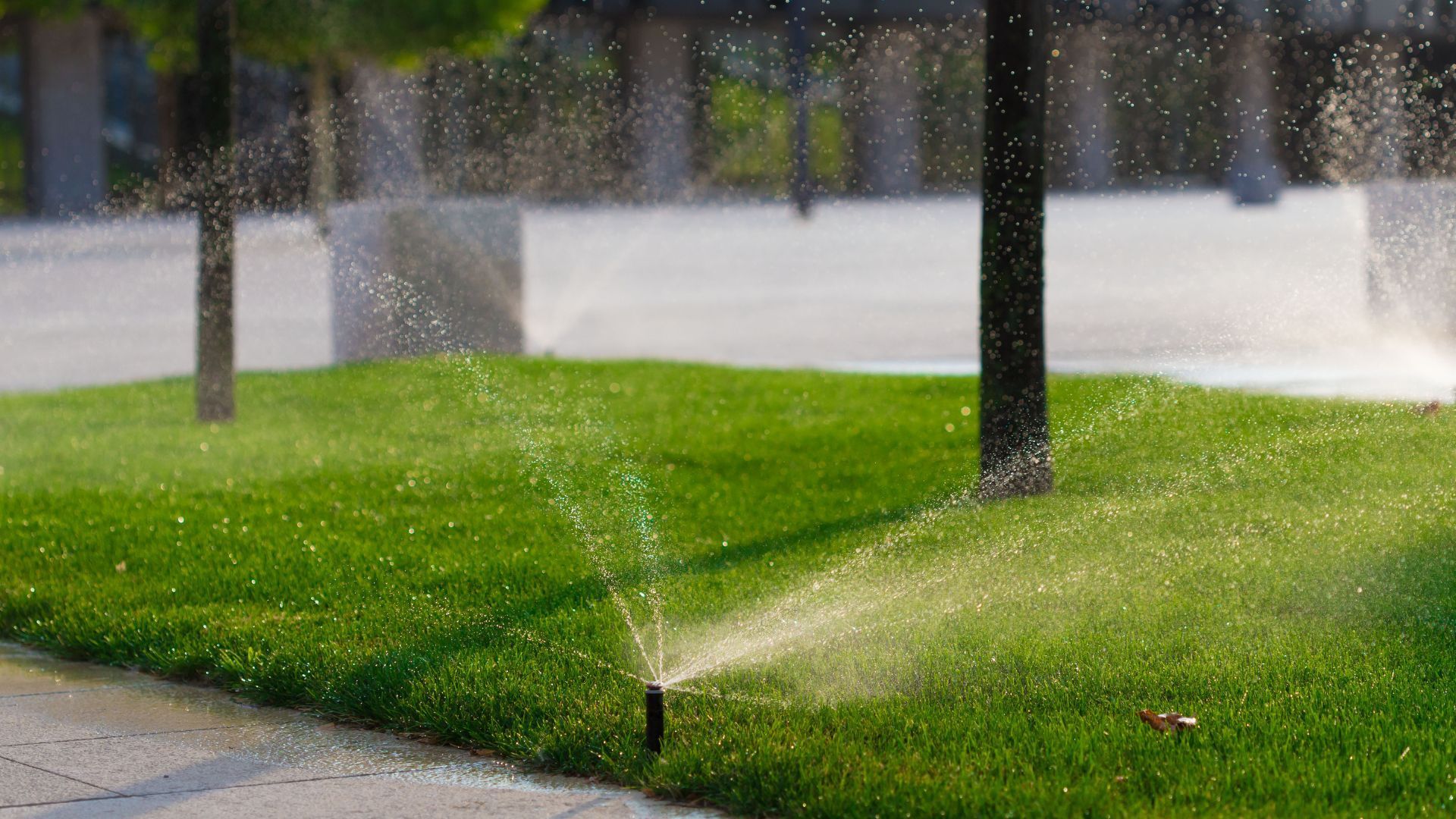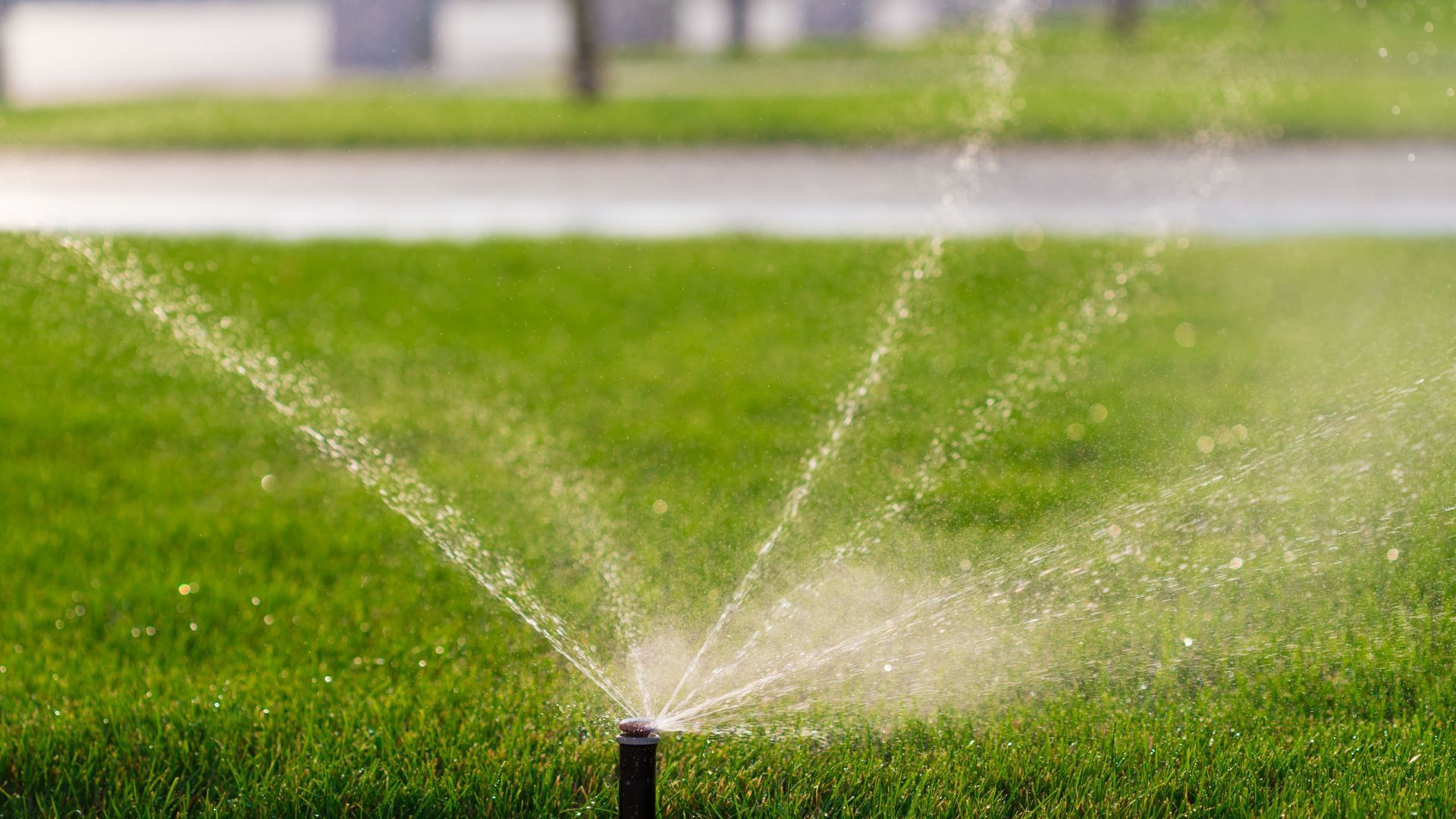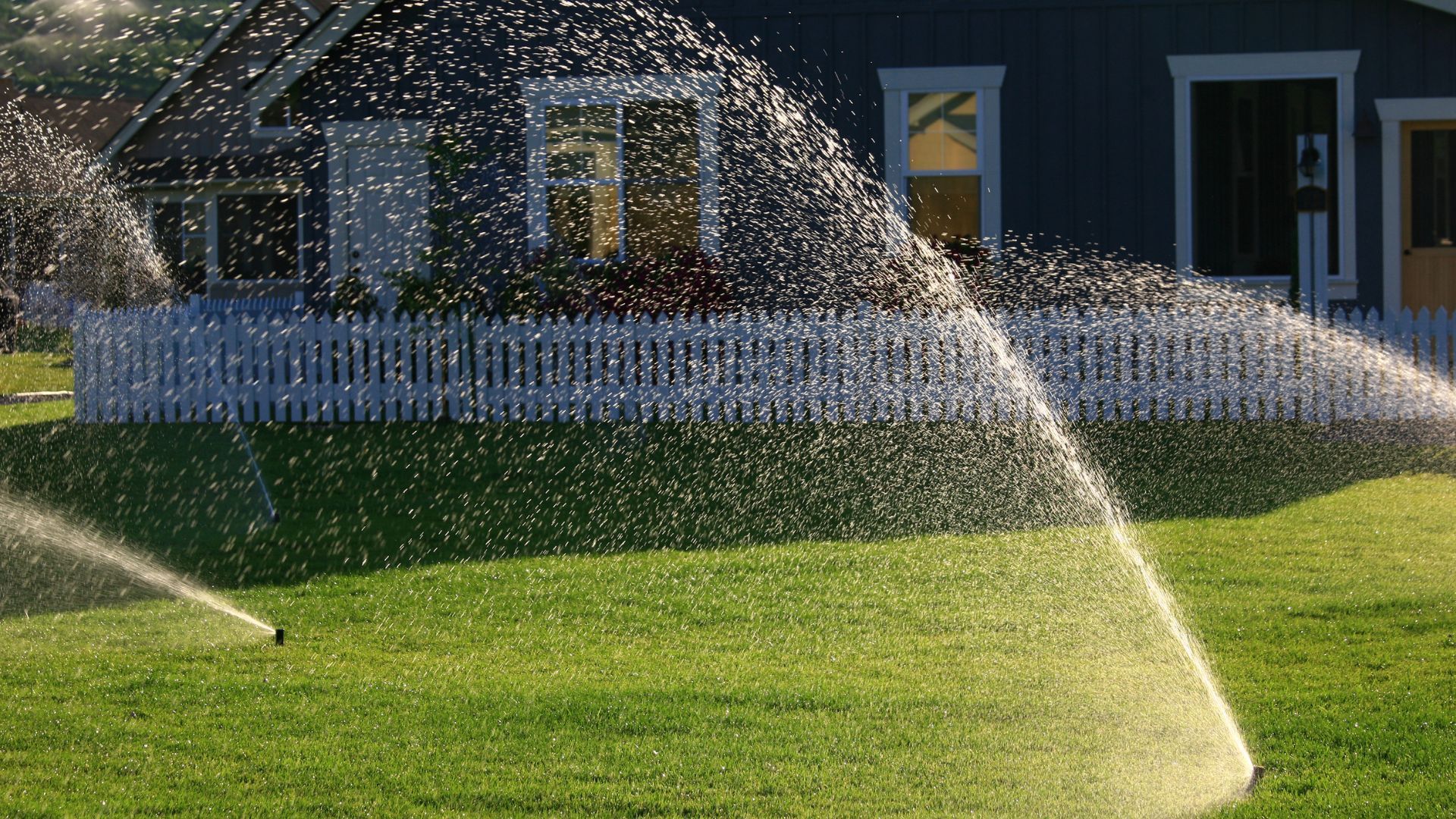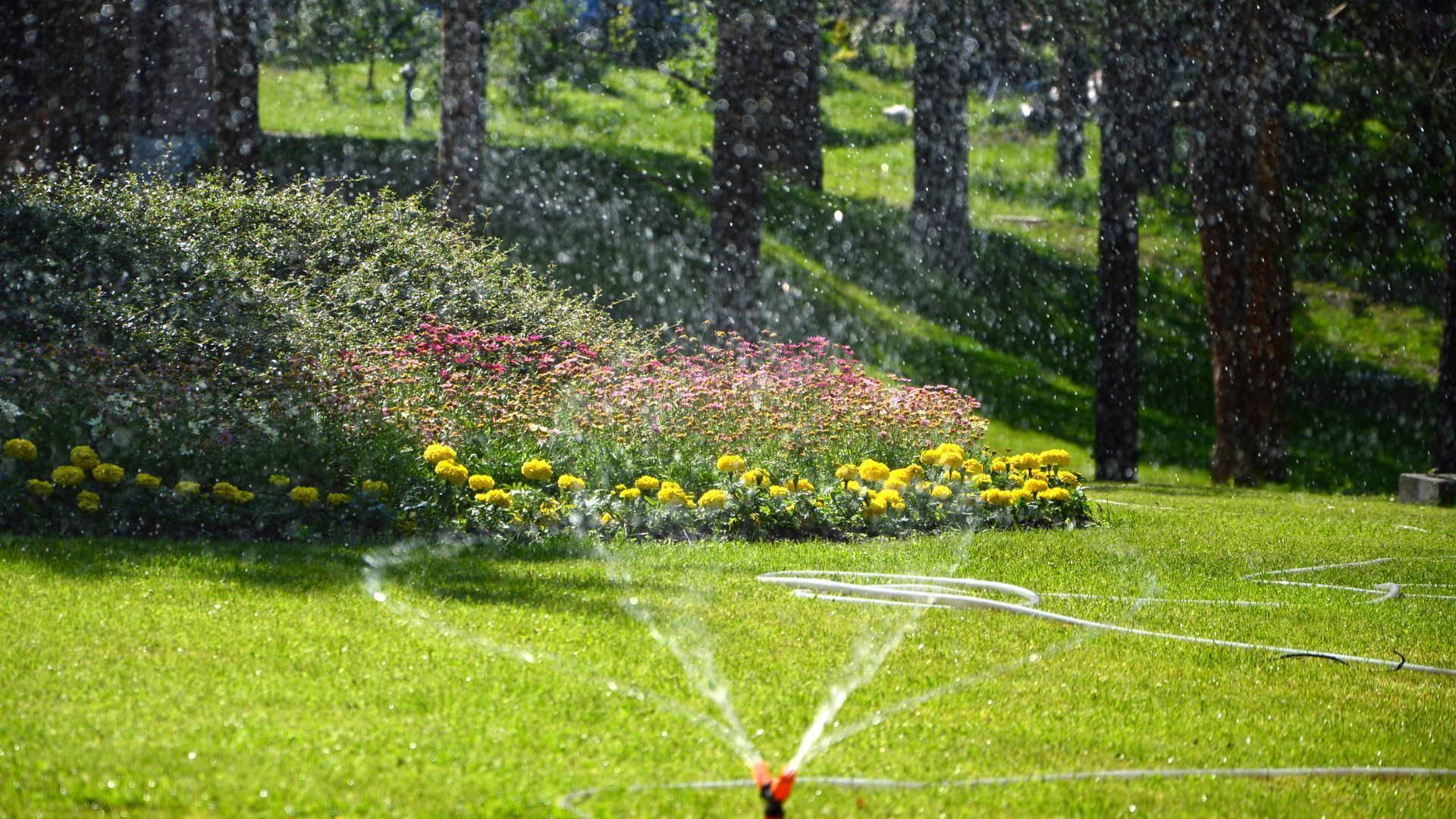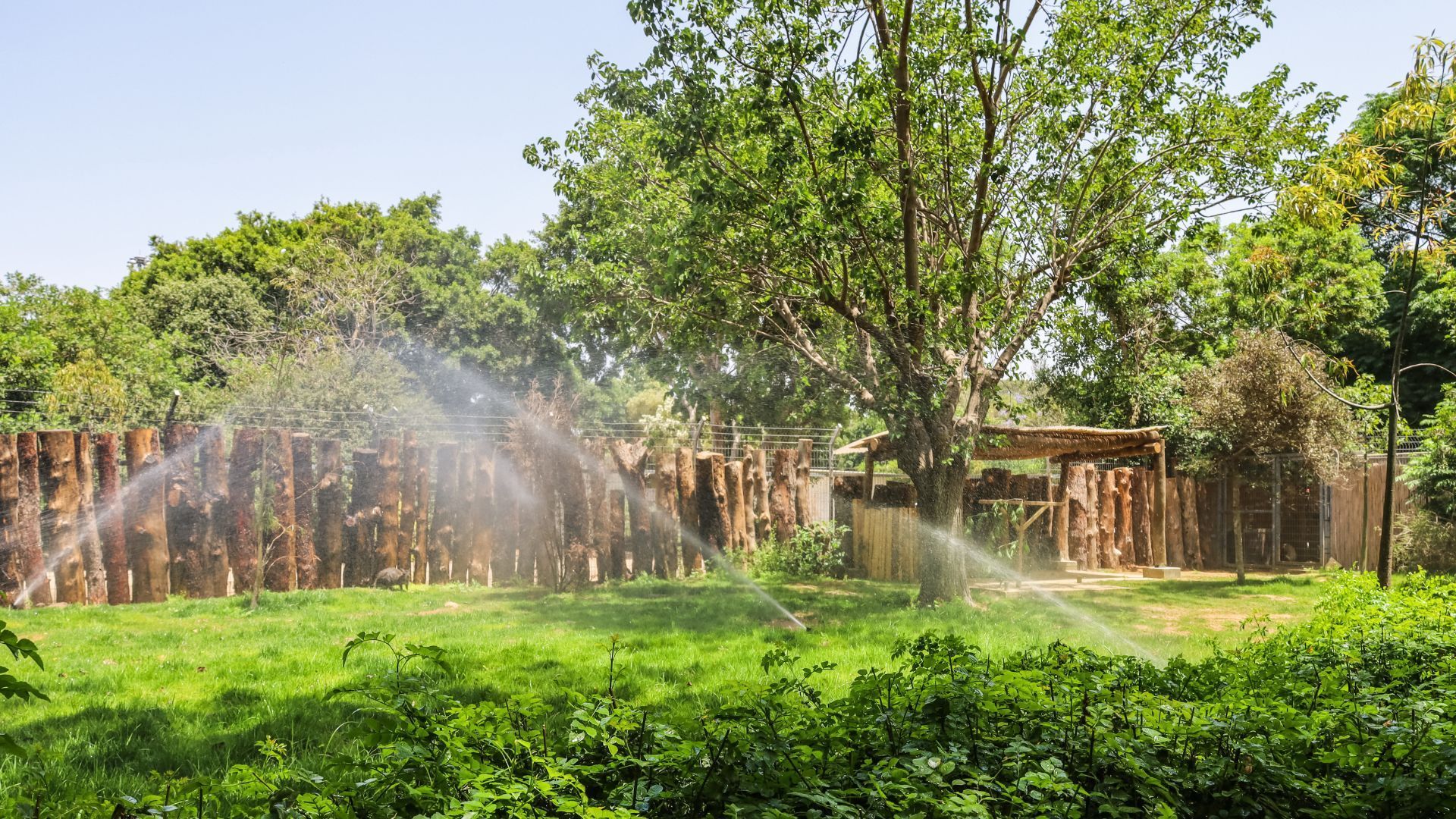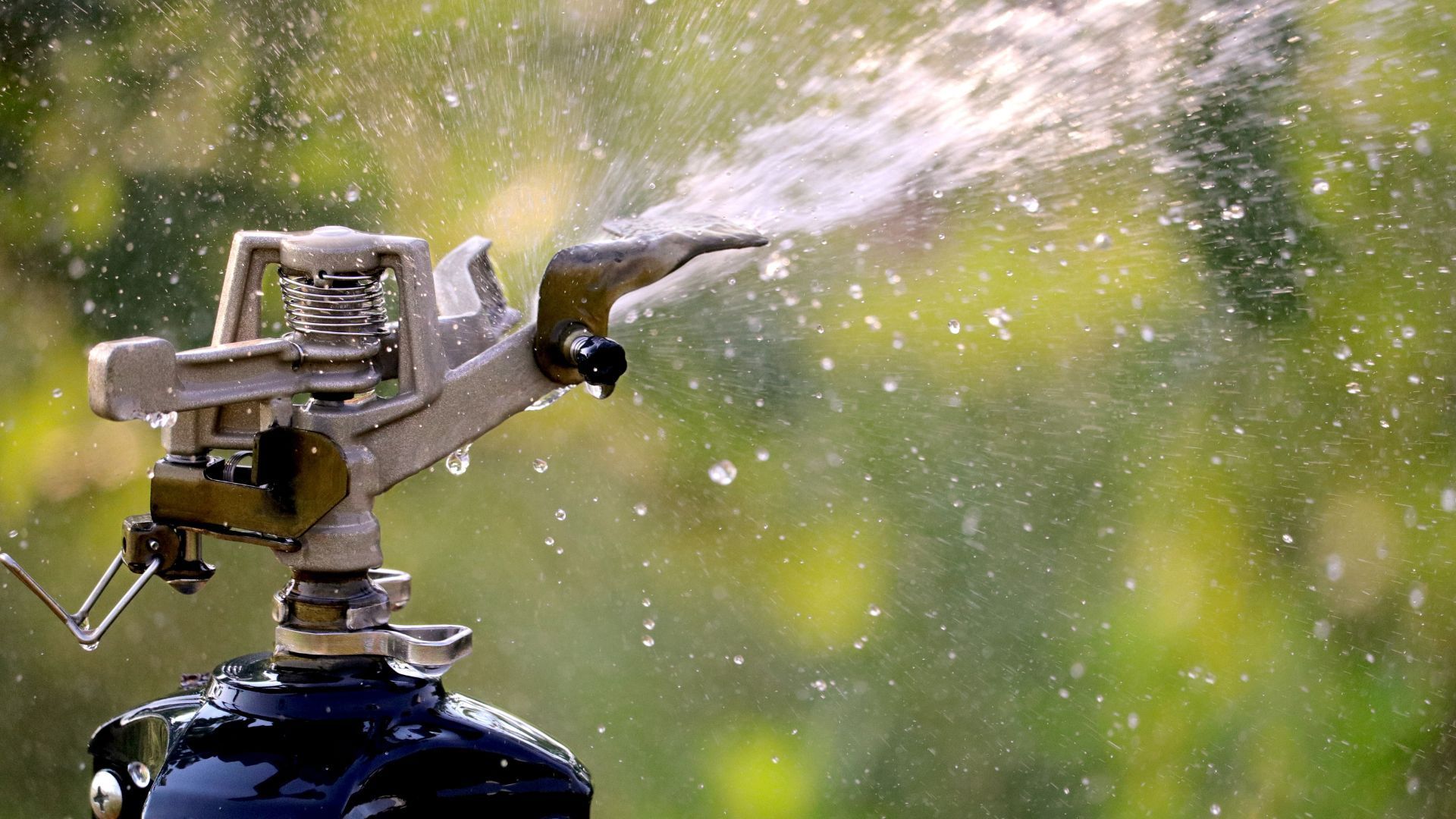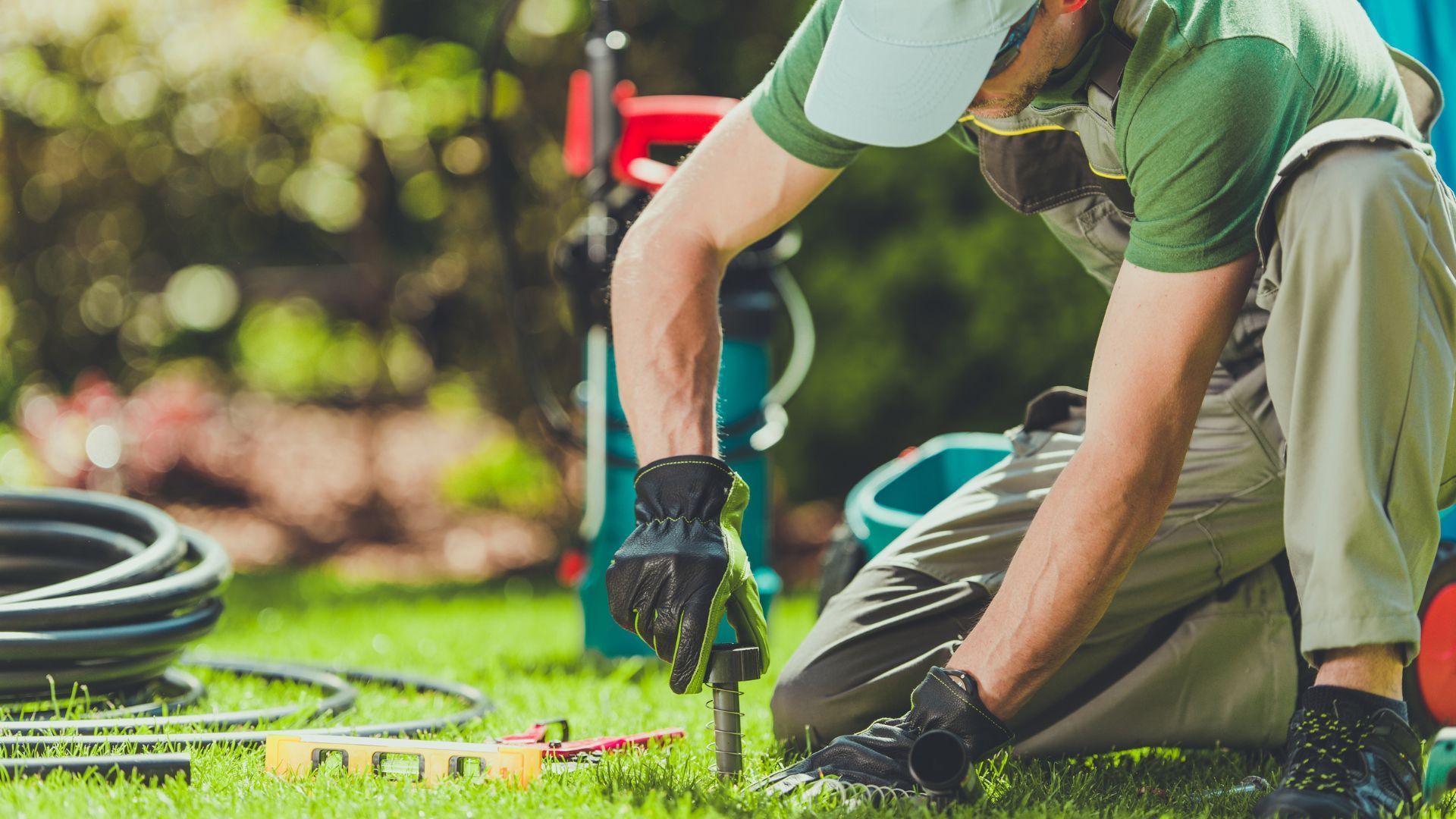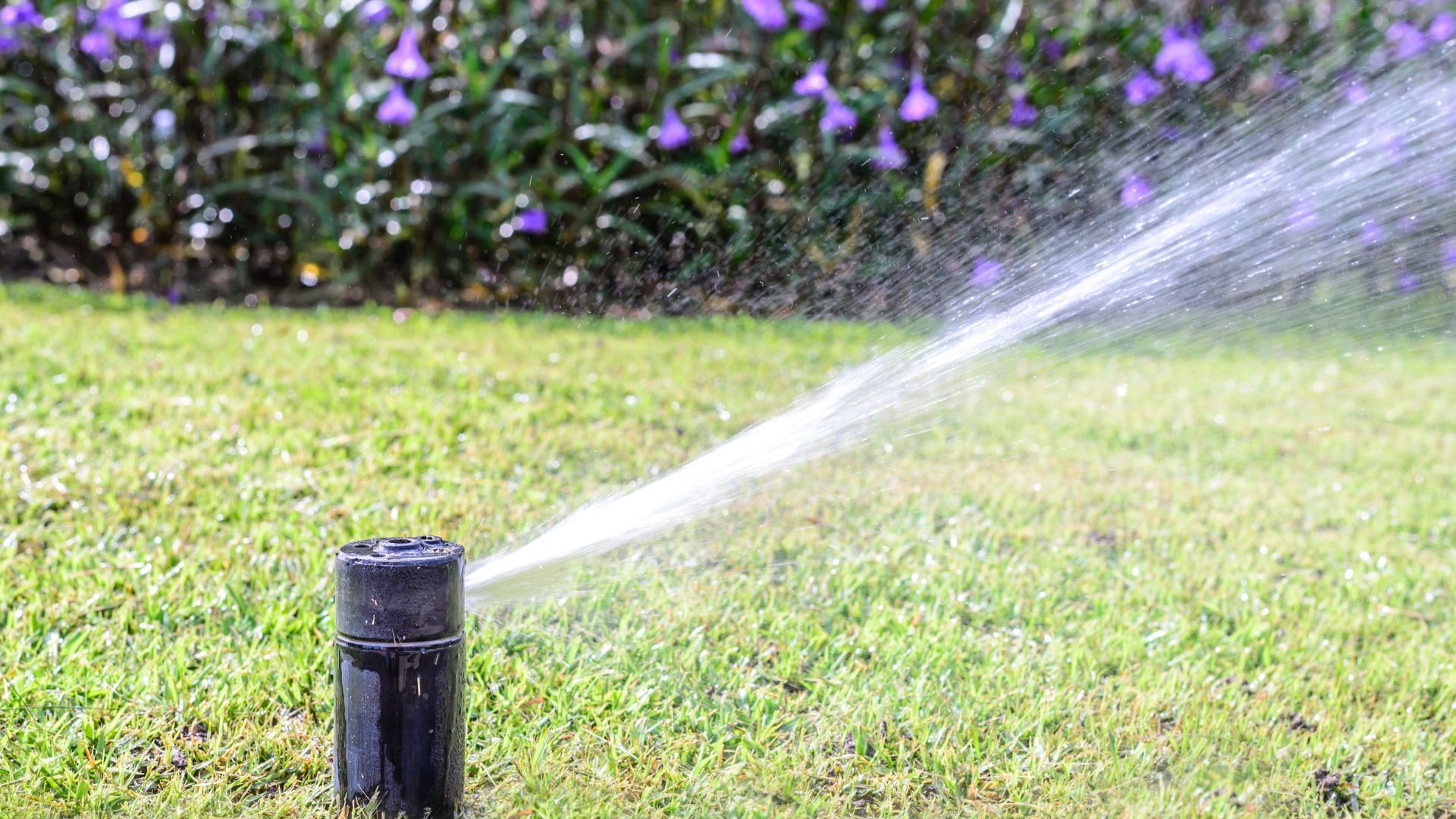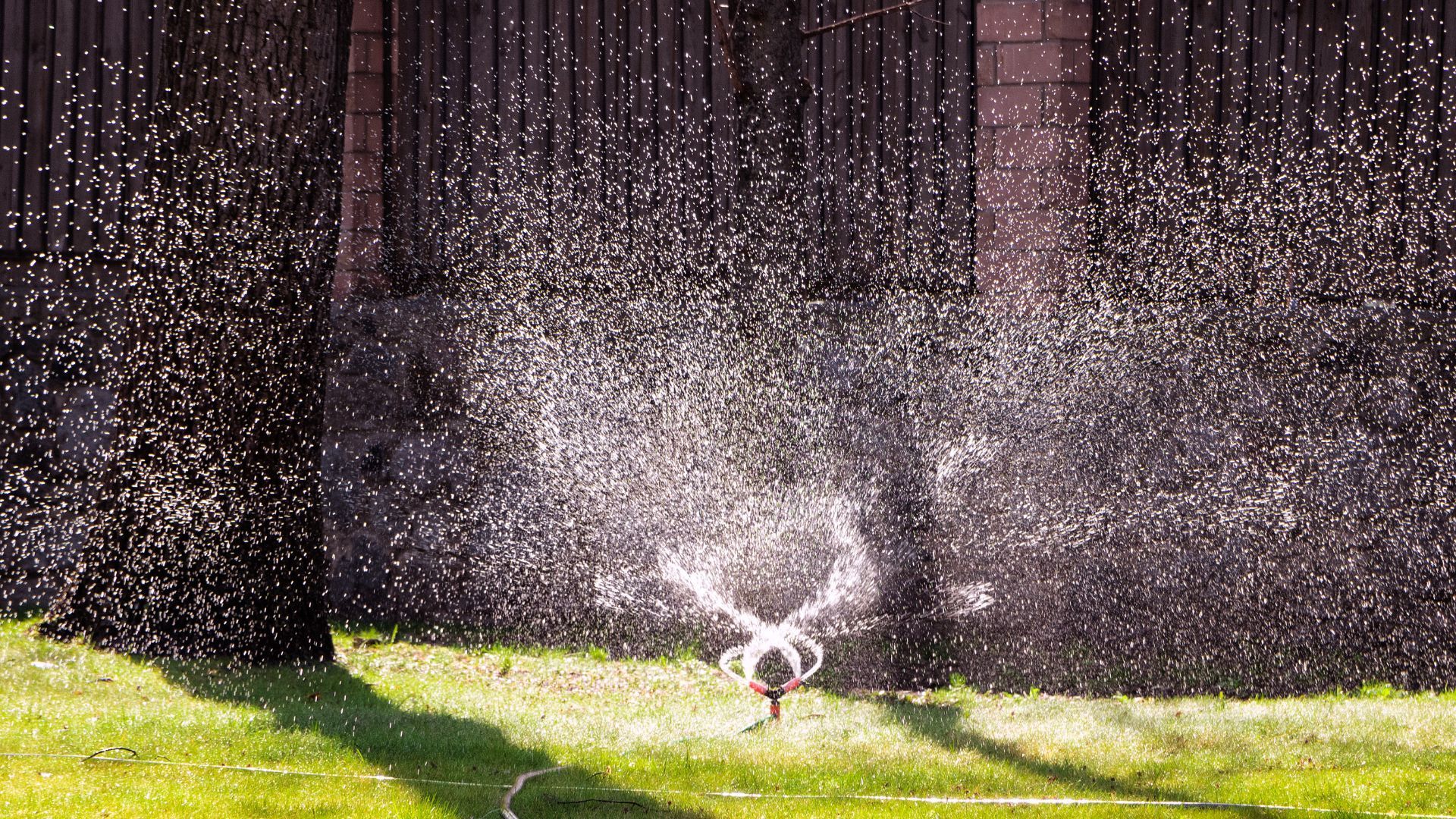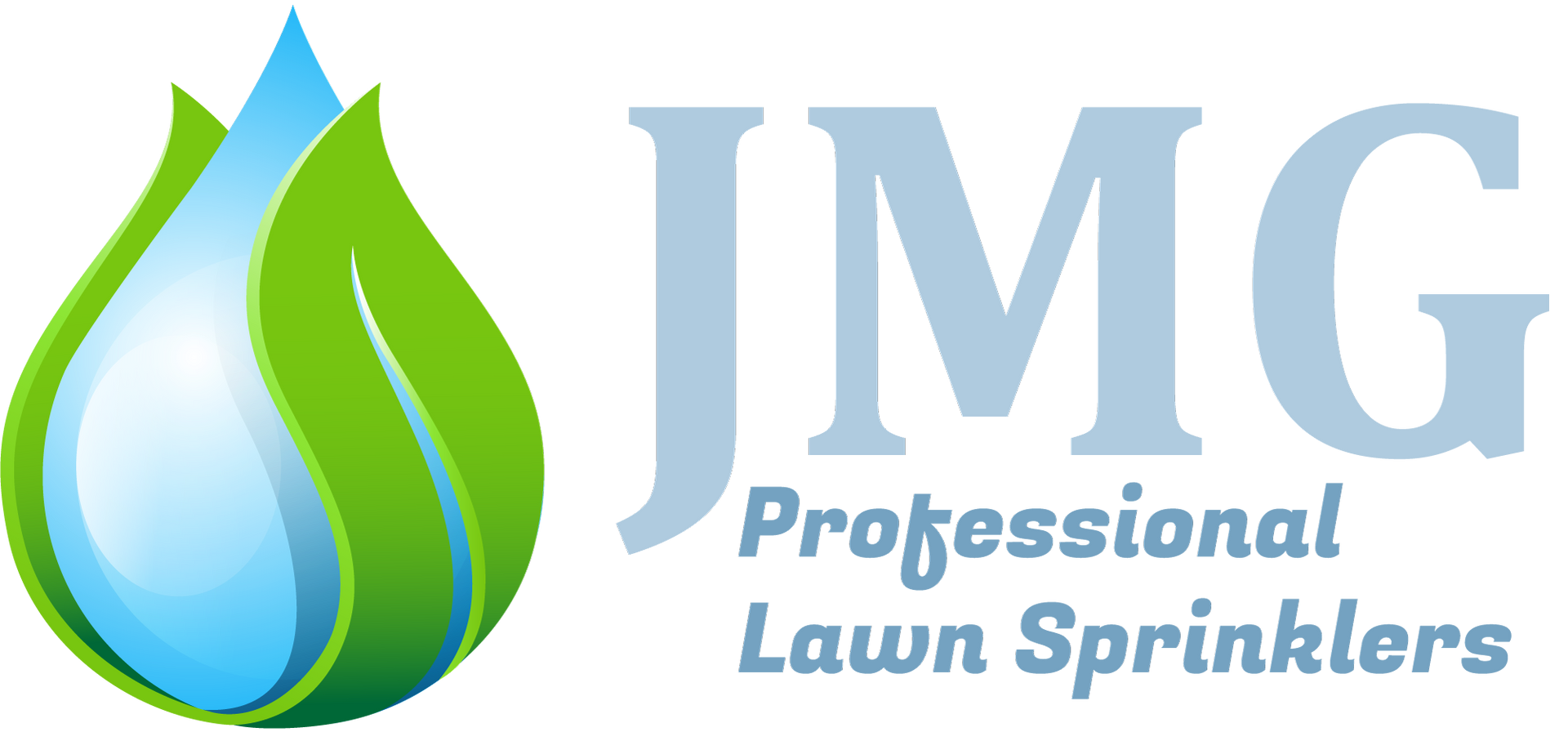Differences Between DIY and Professional Sprinkler Repairs_ What Rhode Islanders Need to Know
In Rhode Island, sprinkler system repairs are essential to maintain healthy landscapes and efficient water use. Homeowners and commercial property managers often face the decision of tackling these repairs themselves or hiring professional services. The differences between DIY and professional sprinkler repairs are multifaceted, ranging from the cost variances, skill levels, availability of specialized tools, to long-term repair outcomes. Choosing the correct approach not only affects repair quality and water system longevity but also impacts property value and the risk of future issues such as water damage and inefficient irrigation. With concerns like roof maintenance integrity, soil moisture regulation, and preventing backflow contamination all linked to the overall performance of your sprinkler system, understanding these differences is crucial.
Rhode Islanders also must navigate local water supply challenges and compliance with state regulations when repairing systems. For example, professional repair services may incorporate proper rain sensor checks or valve integrity tests, ensuring efficient water conservation and adherence to stringent local guidelines. Conversely, a DIY approach might seem cost-effective initially but may lead to incorrect installations or overlooked issues such as corrosion caused by polyvinyl chloride degradation or polyethylene wear over time. This article outlines each key component in the decision-making process while providing comparative insights, case study data, and detailed lists that showcase common pitfalls and long-term benefits associated with each method.
The following sections will explore cost variances, skill and knowledge gaps, time commitment, tool requirements, potential risks, and specific Rhode Island considerations. Each section is designed to assist property owners in weighing the advantages and drawbacks of do-it-yourself repairs against the expertise of certified technicians. By the conclusion of this article, readers will be equipped with detailed, research-supported insights that help optimize maintenance decisions for sprinkler system repairs.
System Operational Failures Demanding Prompt Sprinkler Service in Rhode Island
Comparing the costs associated with DIY sprinkler repairs and those provided by professional services in Rhode Island is crucial in making an informed decision. The upfront expenses of embarking on a DIY repair often include the purchase or rental of basic tools and replacement parts. For example, acquiring specialized equipment such as compressed air tools, nozzles, and repair kits can tally up to a moderately high sum if repairs are frequent. A homeowner might spend anywhere between $150 and $500 on tools and parts alone if the work is done independently. In contrast, professional sprinkler service fees typically include not only labor but also diagnostic expertise and warranty assurance, which can translate to a higher initial outlay ranging from $300 to $800 per service call.
One study from the Journal of Irrigation Engineering (Anderson, 2021) noted that professional sprinkler repair services could reduce long-term repair costs by up to 30% compared to repeated DIY fixes. The reasoning behind this phenomenon is that certified technicians are more likely to detect underlying issues – such as backflow, corrosion, or sensor malfunctions – that, if left unattended, may lead to recurring failures and water damage. In addition to tangible repair costs, professional services frequently provide warranties that offer property owners financial protection against future failures. This value proposition is crucial when managing overall landscape maintenance budgets.
Furthermore, hidden costs in DIY sprinkler projects often emerge unexpectedly. Homeowners may incur additional expenses when troubleshooting issues that stem from inadequate labor or knowledge. Items such as emergency replacement parts, lost water through inefficient irrigation, or even fines for non-compliance with local water regulations can incrementally raise expenses. Moreover, one must also consider potential losses stemming from improperly calibrated sprinkler systems. Such errors may lead to uneven water distribution across the lawn and subsequent deterioration of the turf, indirectly affecting property value.
Long-term financial impacts also favor professional repairs when considering extended system longevity and consistent irrigation effectiveness. Professionals, armed with a comprehensive checklist and diagnostic expertise, not only ensure current system performance but also guard against future hazards like soil erosion caused by malfunctioning sprinkler heads or accidental spray on delicate landscaping. Additionally, Rhode Island’s unique climatic conditions—ranging from heavy winter freezing to sporadic summer heat—require repairs that can account for both temperature extremes and environmental stress. These factors contribute to why many system repairs in the state should be handled professionally rather than risking uncertain outcomes with a DIY approach.
The local market also influences repair costs. Regional labor rates, material availability, and even seasonal demand play roles in determining repair fees. Compared to metropolitan areas, some pockets of Rhode Island may have lower labor costs but higher parts costs due to limited supplier options. Understanding these variances helps property owners budget accurately and decide whether the extra investment in professional expertise is justified by the reduced risk of cascade system failures.
Assessing the Skill and Knowledge Gap Between DIY and Expert Sprinkler Repair
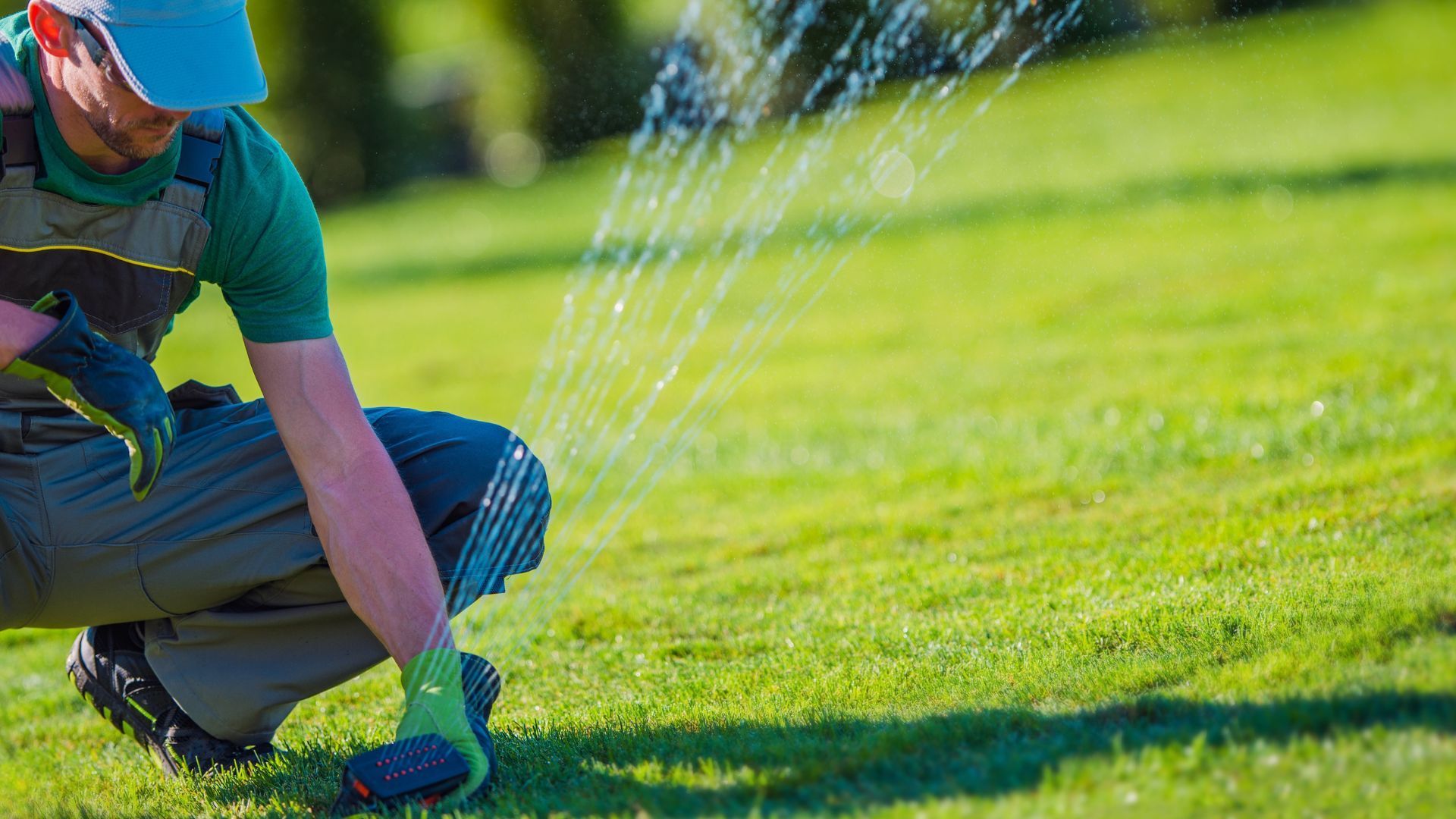
The level of skill and technical knowledge required for effective sprinkler system repairs differs significantly between do-it-yourself endeavors and professional services. Homeowners with a basic understanding of mechanical repairs might be able to handle minor issues such as unclogging a nozzle or tightening loose connections. However, the complexity of modern sprinkler systems—with integrated moisture sensors, automated zones, and backflow prevention assemblies—demands a level of expertise that often exceeds the DIY skill set.
Certified technicians, through professional training and extensive field experience, are adept at diagnosing underlying issues that may not be visible to the untrained eye. For instance, professionals can identify subtle signs of corrosion in polyvinyl chloride piping or recognize early deterioration in drip irrigation lines due to soil acidity and excessive moisture retention in clay soils. A case study published by the American Society of Agricultural Engineers (Thompson, 2022) reported that 40% of sprinkler repairs performed by homeowners led to recurring issues within a year, whereas professionally handled repairs demonstrated a 90% success rate in lasting over multiple seasons. This data underscores the practical impact of advanced diagnostic skills and repair techniques.
Common sprinkler issues that Rhode Islanders might address independently include replacing broken sprinkler heads, adjusting misaligned nozzles, or clearing out debris clogging the system. These tasks can often be resolved with a simple toolset and basic troubleshooting techniques. However, when deeper system problems arise — such as faulty electrical timers, malfunctioning rain sensors, or compromised backflow preventers — the learning curve becomes much steeper. In these cases, professional intervention is necessary not only for the accuracy of repair but also to minimize safety risks such as accidental water surges or sprinkler system blowouts during high-pressure operations.
The benefits of engaging with certified service providers extend beyond simple repair. Professional technicians bring an understanding of regional system design peculiarities, which is particularly important in a state like Rhode Island, where climate variability can influence system performance. Professionals combine their technical proficiency with a familiarity with local water regulations and environmental guidelines, ensuring that repairs are compliant with state and municipal standards. For example, a correct installation of a rain sensor that accurately responds to local rainfall patterns is critical for water conservation and avoiding fines. Such expertise is difficult to achieve without formal training and hands-on experience.
Moreover, the dispute between DIY and professional repair often manifests in the quality of the outcome. Homeowners may attempt a repair only to encounter repeated issues that eventually require professional rework, adding both time and cost to the project. In contrast, professional repairs, though initially more expensive, are performed methodically with industry-certified equipment and techniques, thereby ensuring the longevity of the repair and reducing the likelihood of future malfunctions.
Thus, while DIY repairs may seem attractive for minor fixes, the skill and knowledge gap necessitates that complex or persistent sprinkler system challenges be tackled by professionals. This approach not only ensures technical precision but also provides peace of mind due to warranties and expert follow-ups that secure long-term irrigation system reliability and efficiency.
Evaluating Time Commitment and Convenience for Sprinkler System Repairs
Time is a critical factor in determining whether to undertake sprinkler system repairs oneself or enlist professional help in Rhode Island. DIY repairs often require significant time investment, not only for the actual repair but also for the requisite research, preparation, and troubleshooting that follow unexpected setbacks. Homeowners may find that a seemingly simple repair, such as fixing a misdirected sprinkler head, spirals into a time-consuming project when accounting for diagnosis, disassembly, and reassembly.
Professionals, on the other hand, can perform repairs with efficiency that stems from years of specialized training and familiarity with common failure points in sprinkler systems. A study in the Journal of Irrigation Maintenance (Kennedy, 2021) detailed that professional repair crews could complete a standard repair job in Rhode Island in nearly half the time required by a homeowner attempting a similar repair on their own. This significant difference in repair time has broader implications for property owners who rely on timely water supply schedules for optimal lawn care and landscape health.
Furthermore, scheduling professional sprinkler service in Rhode Island typically offers the convenience of phone or online appointment systems. Many providers offer emergency services 24/7 for situations where immediate repair is necessary. For instance, during a sudden malfunction in the early hours of a frost advisory, a professional technician can promptly restore the system, preventing additional system strain or water damage caused by improper system shutdowns. In contrast, DIY methods may be delayed by the need to procure spare parts from local retailers or troubleshoot unforeseen technical issues, thereby inadvertently extending system downtime.
Balancing repair speed with quality is crucial. DIY projects can sometimes promise a quick fix at a lower cost, yet if key components such as sensors, valves, or backflow preventers are inadequately addressed, the system may underperform or fail altogether. A prolonged repair period on the part of DIY enthusiasts also means suboptimal irrigation, which can have long-term negative effects on lawn health and soil moisture levels. For example, inconsistent water supply during peak wildfire seasons may increase the risk of property damage or create an environment conducive to weed proliferation.
In addition, the time required for professionals to source specialized parts versus the often chaotic process of amateur hardware hunting can tip the scales in favor of professional repairs. Tools for diagnosing pressure issues or detecting leaks, such as advanced moisture meters and infrared cameras, are typically not available to homeowners and require extensive time to secure through rentals or purchases. The benefit of having these tools at hand cannot be understated when considering the overall effectiveness and safety of the repair process.
Moreover, the convenience factor extends to the post-repair phase. Professional services usually include follow-up inspections and routine maintenance, which help avert emergencies and ensure that the system consistently meets irrigation guidelines. This assurance translates to a more predictable water conservation strategy and a lower risk of unexpected system failures that could disrupt lawn care, flood prevention, or fire sprinkler system function.
Overall, while DIY sprinkler repairs may appear cost-saving initially, the extended time commitment and possible inconvenience—coupled with the higher risk of incomplete repairs—make professional service a more attractive option for many Rhode Islanders. Investing in expedited, high-quality repairs not only saves time but can ultimately protect property investments and maintain consistent landscape aesthetics.
Comparing Tool and Equipment Requirements for DIY and Professional Repairs
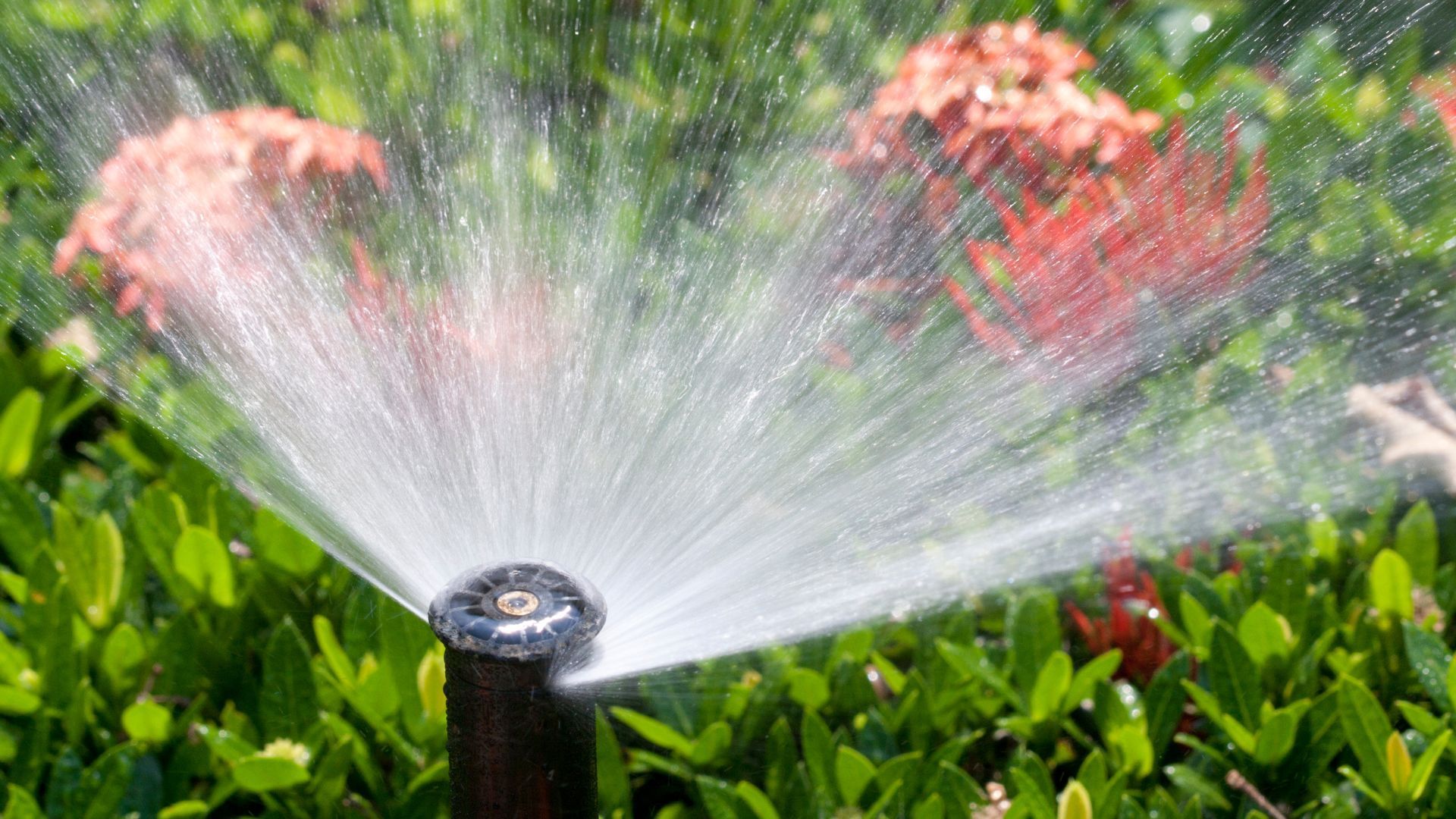
A critical aspect of sprinkler system repair is the requirement for specific tools and equipment. DIY repairs often rely on a basic toolkit that may include standard hand tools, wrenches, and screwdrivers. However, the complexity of modern sprinkler systems demands specialized equipment that many homeowners do not readily possess. For example, tasks such as diagnosing pressure discrepancies in the system may require a calibrated pressure gauge, while accurately repositioning and installing new sprinkler heads can necessitate the use of precise alignment tools. In many cases, the cost of purchasing or renting such equipment can quickly erode any financial savings anticipated from a DIY approach.
Professional sprinkler technicians, by contrast, are equipped with advanced tools and diagnostic instruments. These include specialized spray pattern analyzers, backflow testers, and electronic leak detectors that enable them to efficiently identify and rectify even subtle issues within the system. A report from the Irrigation Equipment Association (Roberts, 2020) indicated that professionals reduce repair times by up to 40% due to the use of state-of-the-art diagnostic equipment. Access to such professional-grade tools not only improves repair accuracy but also ensures that the system installation or repair is compliant with local regulatory standards and industry best practices.
Essential tools for basic DIY sprinkler system adjustments might include the following:
Adjustable Wrench – Used for loosening fixed fittings and tightening sprinkler connections. This tool is fundamental when replacing worn-out parts or repositioning sprinkler heads. It provides significant manual leverage, ensuring that connections are secure to prevent leaks.
Screwdrivers and Nut Drivers – Necessary for dealing with screws and fasteners that hold various sprinkler components together. These tools help in disassembling parts without causing additional damage.
Pliers – Useful for gripping and manipulating smaller parts, such as clips or connectors that may require precise handling. Their design contributes to a steady and controlled repair process.
Long-Handled Crevice Tool – Essential for cleaning out debris from hard-to-reach areas within the irrigation system. Well-maintained components reduce the risk of clogging and ensure consistent water distribution.
Basic Measuring Tape – Important for ensuring that replacement parts match the dimensions of the fabric of the existing system. This minimizes error during component replacement.
On the other side, professional repairs necessitate a broader range of specialized equipment. Certified sprinkler repair technicians use equipment such as:
Digital Pressure Gauges – These measure water pressure accurately and help determine whether pressure discrepancies are linked to blockages or faulty valves. Their precision offers a significant advantage over analog tools commonly used in DIY projects.
Infrared Cameras – Employed by professionals to detect leaks or water distribution inconsistencies that are invisible to the naked eye. This tool helps prevent water damage and ensures that repairs are comprehensive.
Backflow Testers – Designed specifically to check the integrity and functionality of backflow prevention devices, preventing potential contamination of the water supply caused by cross-connections.
Advanced Diagnostic Software – Some technicians integrate computerized systems for troubleshooting complicated sprinkler system issues. These systems record and analyze performance data to recommend optimal repair strategies.
Safety Equipment Sets – Comprehensive safety gear, including goggles, gloves, and respiratory protection, becomes critical when handling corrosive materials or working under high system pressure to minimize the risk of injury.
The cost of acquiring or renting these advanced tools is usually factored into the professional fee. However, homeowners attempting to purchase these specialized items for sporadic repairs may find themselves paying a premium, often with less frequent use, compared to professionals who spread these expenses over multiple service calls. Safety gear considerations are particularly important because improper repair procedures can lead to high-pressure spray accidents or chemical injuries, which a certified technician is trained to manage.
In conclusion, while DIY repairs may initially seem more economical, the need for specialized equipment and tools significantly impacts the quality and reliability of the work performed. Professional sprinkler services in Rhode Island bring not only the benefit of high-grade equipment but also the expertise in its usage, thereby ensuring that repairs provide lasting performance improvements and align with local standards for water conservation and property maintenance.
Analyzing Potential Risks and Outcomes of DIY Versus Professional Sprinkler Solutions
When it comes to sprinkler system repairs, both DIY and professional approaches carry potential risks that can lead to suboptimal outcomes if not managed correctly. Homeowners who choose to undertake DIY repair projects are exposed to risks such as incomplete fixes, recurring issues, and even inadvertent damage to the irrigation system. For instance, a common mistake in DIY repairs is insufficient tightening or misalignment of sprinkler heads, which may not be immediately apparent but over time can result in water wastage, uneven irrigation, or even water damage to adjacent structures. In addition, improper handling of backflow prevention devices can pose severe contamination risks to the drinking water supply.
One of the most significant risks in the DIY approach is the potential for unexpected water damage. Minor miscalculations in the installation process can lead to leaks, which in turn may cause soil erosion, damage to the underlying roof structure, or even flooding in the basement of a residence. A peer-reviewed study published in the International Journal of Irrigation (Nguyen, 2020) observed that DIY repairs performed without proper diagnostics led to a 25% higher incidence of system failure within one season compared to professional repairs. This study emphasizes the importance of expertise in avoiding cascading failures that may necessitate further, more costly interventions.
Beyond the physical risks, there is also the risk of financial loss associated with repeated repair attempts. Homeowners might initially invest in DIY repairs only to find that their efforts provide only temporary relief. As issues recur, they may end up spending more time and resources—both in materials and potential system downtime—than if they had engaged a professional service from the outset. Professionals typically back their work with warranties, which provide a safety net against future system malfunctions. This warranty assurance can translate into long-term savings by reducing the probability of extensive system overhauls or emergency repairs.
Another potential risk is the reduced lifespan of the sprinkler system. When repairs are not executed correctly, critical connections and components may suffer accelerated wear and tear. For example, misaligned sprinkler heads can lead to increased pressure fluctuations in the system, exacerbating material fatigue and corrosion in polyethylene pipes. Likewise, improper winterization techniques can expose the system to freezing risks, resulting in burst pipes or disrupted water flow when the system is needed the most. The cumulative effect of these risks can compromise the entire irrigation system, diminishing its overall efficiency and longevity.
Considering the outcomes, professional sprinkler repair services can mitigate these risks significantly through robust diagnostic practices and adherence to industry standards. Certified technicians use specialized tools and follow precise protocols that minimize the risk of errors. Their evaluations are not only thorough but are also designed to anticipate and prevent future problems such as soil saturation, backflow failures, or even sensor malfunction that may compromise water conservation efforts. Moreover, professionals understand the importance of maintaining compatibility with local water regulations in Rhode Island, ensuring that every repair complies with state mandates and industry safety guidelines.
Furthermore, professional repair outcomes frequently come with post-repair inspections that verify system integrity and performance. This extra step provides reassurance that the system is operating at peak efficiency and that any latent issues have been addressed. In comparison, a DIY repair might solve an immediate problem without providing the guarantee of sustained performance. Lastly, the ability to use professional-grade safety gear and equipment reduces the risk of personal injury as well as accidental damage to the system.
Ultimately, while DIY solutions might offer an immediate cost saving, the long-term risks related to repair durability, water damage, and system misalignment make professional repairs the preferred option for most homeowners in Rhode Island. The integration of warranties, adherence to local regulations, and the use of advanced diagnostic tools all contribute to a higher likelihood of system longevity and reduced emergency interventions.
Specific Rhode Island Considerations for Choosing Sprinkler Repair Approaches
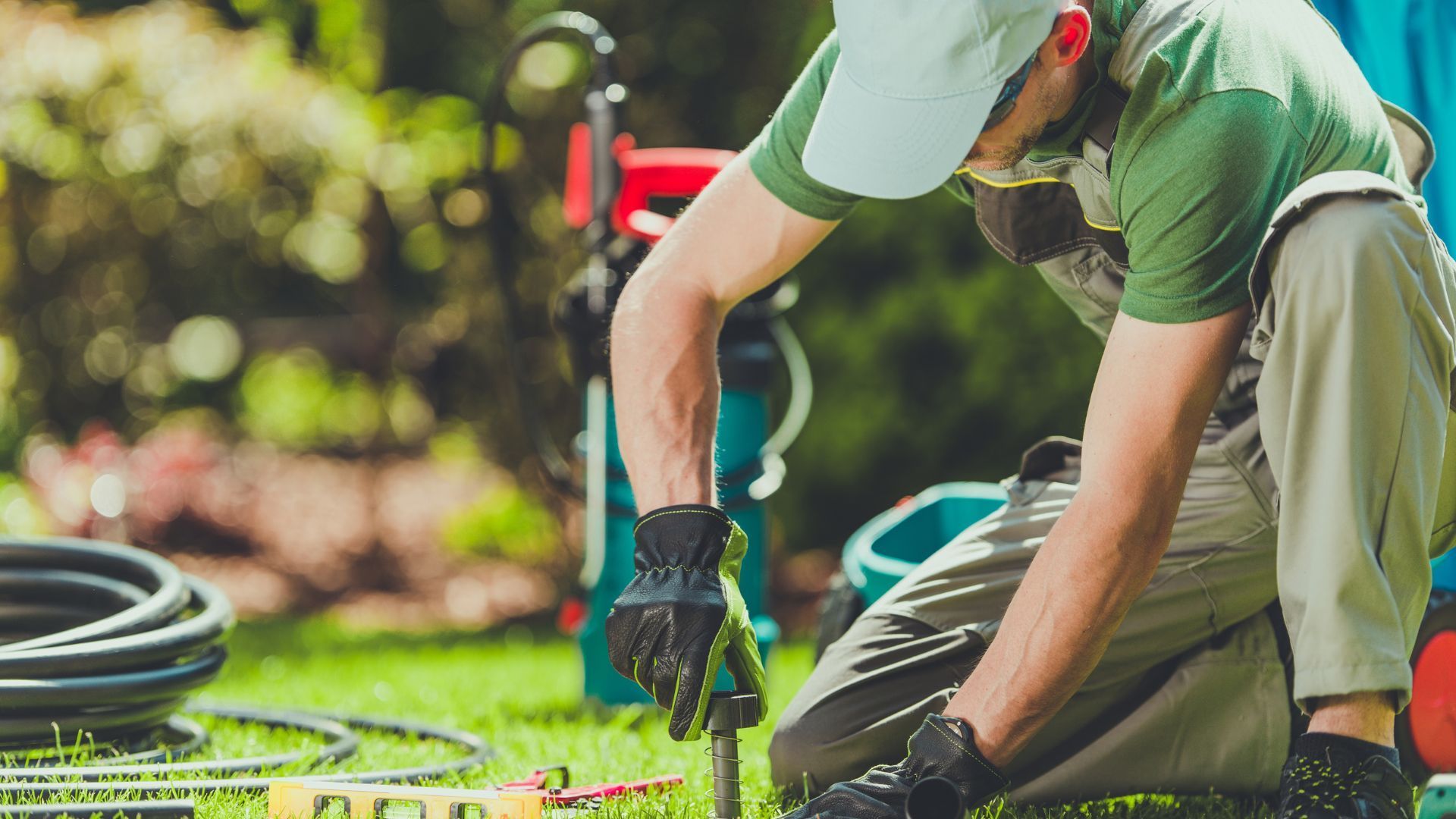
Rhode Island’s unique environmental and regulatory conditions play a crucial role in the selection of a sprinkler repair approach. With a climate that can oscillate between heavy winter freezes and hot, humid summers, sprinkler systems in this state are subjected to significant thermal and moisture stresses. These factors necessitate repairs and maintenance techniques that are well-suited to withstand such extremes. For example, improper winterization can lead to freezing, causing pipes to burst, while insufficient repair attention during the summer months can lead to water wastage and inefficient irrigation. Consequently, Rhode Islanders must choose repair methods that are specialized for these climatic challenges.
Another critical consideration in Rhode Island is adherence to local water regulations and conservation guidelines. Many municipalities within the state enforce strict regulations regarding water usage, backflow prevention, and emergency water conservation measures. Professional sprinkler repair services are not only well-versed in these requirements but also ensure that repairs comply with the latest state and municipal codes. This compliance helps prevent fines and minimizes the risk of system shutdowns during critical periods. For DIY enthusiasts, understanding and navigating these rules without professional guidance can be both challenging and risky, potentially leading to non-compliant repairs with long-term financial repercussions.
Local market dynamics further influence repair decisions. Rhode Island’s densely populated suburban areas often face issues such as limited space for repair operations and increased competition for reliable service providers. In such scenarios, the value of local knowledge cannot be overstated. Professional repair companies operating in Rhode Island have a deep understanding of regional soil types, water table fluctuations, and even common landscaping choices that can affect sprinkler system performance. For instance, knowledge of prevalent soil compositions, such as clay or sandy types, can inform the selection of sprinkler heads and pressure settings to optimize water distribution. Real-world examples have shown that properties with professionally adjusted irrigation systems experienced up to a 20% improvement in water conservation and lawn health.
Additionally, seasonal sprinkler maintenance is particularly important in Rhode Island. During the rainy season, for example, a well-maintained sprinkler system should automatically adjust water schedules through integrated rain sensors and moisture detectors. A malfunctioning sensor could lead to overwatering, which not only wastes water but also increases the risk of fungal diseases in lawns. Professionals often provide seasonal check-ups that adjust system settings to the prevailing weather conditions and environmental factors, ensuring optimal performance year-round.
Local economic factors such as labor costs and parts availability also play into the repair decision process. While DIY repairs might initially seem attractive due to lower upfront expenses, sourcing quality parts that meet Rhode Island’s stringent standards may prove difficult. Professional repair services, through established supplier relationships, often secure parts at a more cost-effective rate while ensuring that materials are compliant with regional specifications. This is especially pertinent for repairs that involve components prone to corrosion or degradation under local weather conditions.
Furthermore, the convenience factor in a state as compact as Rhode Island is another incentive for hiring professional services. With densely clustered communities and limited vehicle parking in many residential areas, scheduling a professional repair that quickly resolves issues can reduce downtime for the irrigation system. An efficiently operating system is critical not only for maintaining a healthy lawn but also for preventing potential hazards like water damage to property foundations or sudden backflow into the water supply system.
In summary, Rhode Island’s climatic variability, strict regulatory framework, and local market dynamics make the choice of sprinkler repair approach particularly significant. Professional repairs offer the combined benefits of specialized regional knowledge, adherence to water conservation regulations, and the convenience of timely service. These factors collectively underscore the value of opting for certified technicians to ensure that sprinkler systems are maintained in optimal condition, thereby safeguarding property investments and enhancing irrigation efficiency.
Frequently Asked Questions
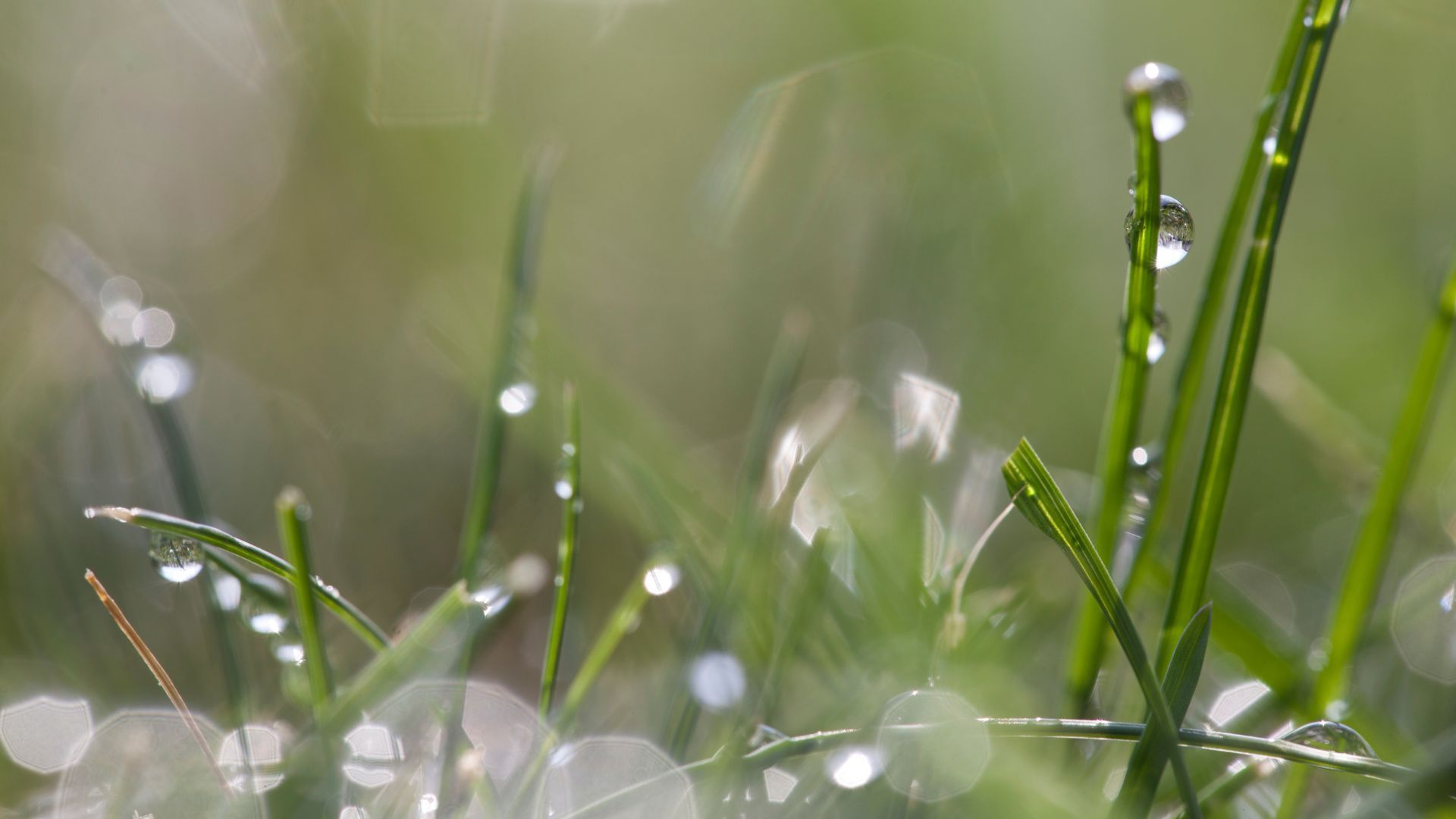
What are the main cost differences between DIY and professional sprinkler repairs in Rhode Island?
DIY repairs may require upfront costs for specialized tool purchases and parts, often ranging from $150 to $500, while professional services typically cost between $300 and $800 per service call but include warranties and expert diagnostics. The long-term cost benefits of professional repairs often outweigh the initial expense due to reduced recurrence of issues.
How do professional sprinkler repair technicians handle complex issues differently from homeowners?
Professionals use specialized diagnostic tools such as digital pressure gauges, infrared cameras, and backflow testers, which are typically unavailable to DIYers. Their training allows them to accurately diagnose and repair issues like sensor malfunctions or pipe corrosion, ensuring repairs are compliant with local regulations and more durable over time.
Can I save time by hiring a professional instead of doing the repairs myself?
Yes, professional technicians often complete repairs in nearly half the time it takes for DIY efforts. Their efficiency, due to experience and advanced equipment, minimizes system downtime, which is critical during extreme weather conditions or emergencies.
What risks should homeowners be aware of when attempting DIY sprinkler repairs?
Homeowners risk incomplete repairs, recurring issues, water damage, and potential non-compliance with local water regulations. Incorrect repairs can lead to problems such as system leaks, inefficient water distribution, and potential property damage, thereby increasing overall repair costs over time.
Are there specific Rhode Island considerations that affect sprinkler system repairs?
Absolutely. Rhode Island’s variable climate—including harsh winters and hot summers—requires repair techniques that ensure both freeze protection and efficient irrigation. Additionally, strict local water regulations and regional soil characteristics necessitate specialized expertise that professionals are better equipped to handle.
How do warranties from professional repair services add value compared to DIY repairs?
Professional services often provide warranties that safeguard against future repair costs, ensuring that if the issue reoccurs, the homeowner is not faced with additional expenses. Moreover, warranty-backed repairs provide peace of mind by assuring that the work has been performed to high standards with long-term system performance in mind.
What should I consider when choosing between DIY and professional sprinkler repair services?
Consider factors such as the complexity of the repair, your personal skill level, the availability of specialized tools, time commitment, local regulatory compliance, and the overall risk of system failure. Professional repairs offer advantages in diagnostic precision, efficiency, and long-term warranties that often justify the higher initial expense.
Final Thoughts
Choosing between DIY and professional sprinkler repairs is a decision that hinges on cost, time, expertise, and local conditions. Professional services offer a level of precision and warranty-backed assurance that can prove cost-effective in the long run, especially under Rhode Island’s challenging climatic demands and regulatory landscape. Homeowners must balance immediate out-of-pocket savings against the potential long-term risks of improperly conducted repairs. Ultimately, investing in professional sprinkler repairs may lead to better system longevity and enhanced overall property maintenance.
